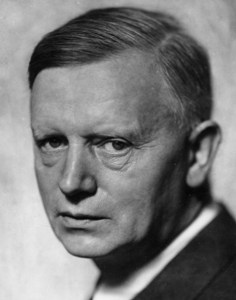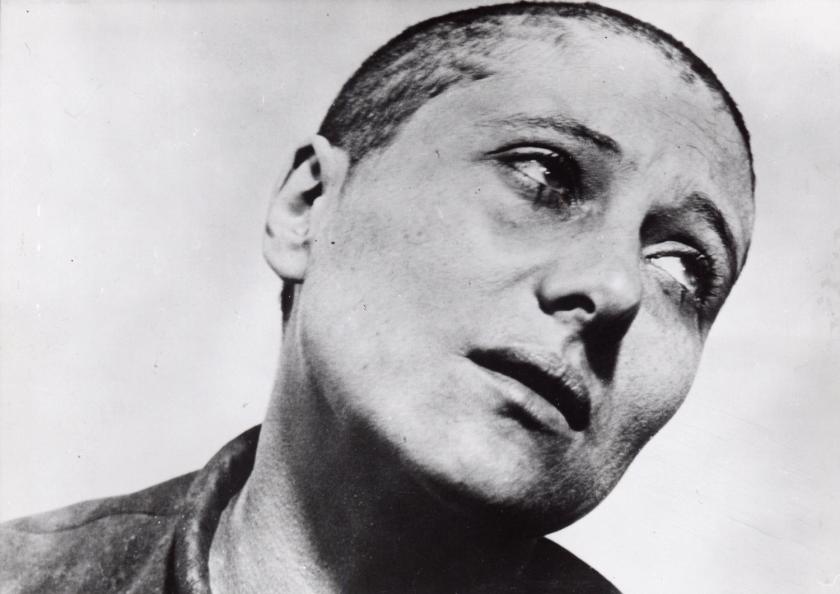The chance to see all 14 of the great Danish director Carl Theodor Dreyer's full-length films and a selection of his shorts during the BFI’s season is unique. Conviction and mysticism are central to his films. Whether it’s the suffering principle of The Passion of Joan of Arc (1927) or the 17th-century hunts of Day of Wrath (made in Nazi-occupied Denmark in 1943), his characters are driven by passion and certainty. Most often they are women.
Dreyer's naturalistic approach was characteristically spartan - in each of his films he made sure to use very few scenes. The precision brings its own power, whether in the subtle comedy of Master of the House (1925) or, nearly 40 years later, Gertrud (1964) a romance like no other. It's intensely shocking to see Renée Marie Falconetti’s Joan face her inevitable fate with such calm. Dreyer built his films around the tension between the believer – or the person who cannot be distracted from their convictions – and those with opposing viewpoints. For 1955’s Ordet (The Word), that tension is in the marriage of Mikkel and Inger, whose faith is tempered by practicality. Dreyer died (in 1968) before realising his ambition of making a film about Christ.
 Dreyer was born in 1889. His mother was the maid of a Danish farmer working in Sweden. After time spent in an orphanage, he was adopted by Carl Theodor Dreyer (senior). His new mother and father were emotionally cool. On leaving school he became a journalist and arrived at cinema after writing title cards for silent films. Both his disconnected childhood and background in journalism informed his films. Equally profound was his encounter with the work of Jean Cocteau in France in the 1920s. Dreyer would combine realism and – sometimes surreal and disturbing – art .
Dreyer was born in 1889. His mother was the maid of a Danish farmer working in Sweden. After time spent in an orphanage, he was adopted by Carl Theodor Dreyer (senior). His new mother and father were emotionally cool. On leaving school he became a journalist and arrived at cinema after writing title cards for silent films. Both his disconnected childhood and background in journalism informed his films. Equally profound was his encounter with the work of Jean Cocteau in France in the 1920s. Dreyer would combine realism and – sometimes surreal and disturbing – art .
Exiled in Sweden in 1945, he never stopped working. Although he had already made what would later be recognised as landmark films – Bride of Glomdal (1926), Vampyr (1932) as well as The Passion of Joan of Arc – it was only in 1955 with Ordet that he achieved popular recognition.
His are striking, unusual films. Rather than being suffused with melancholy, they celebrate choices made, choices stuck to. Above all the BFI season celebrates Dreyer's understanding of faith.
Watch an extract from Carl Theodor Dreyer's Vampyr (1932)













Add comment